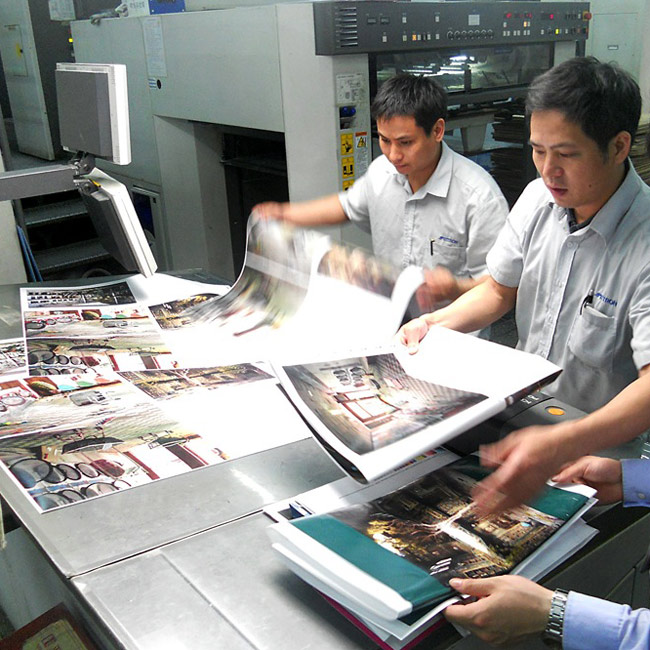Interview: Michelle Dunn Marsh of Minor Matters
The art book publisher approaches the industry with a new and intelligent angle

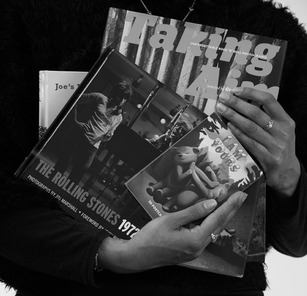

Evolving technologies have required the publishing industry to become a business of creative thinking. So, in her new publishing venture called Minor Matters, Michelle Dunn Marsh takes a page from Kickstarter and curates a series of book selections to be crowd-funded. Each proposed book is given six months to pre-sell 500 copies at a flat rate of $50 in order to go into production, with initial selections including such heavy-hitters as David Hilliard and Larry Fink. Marsh—a 20-year veteran of the publishing industry and the newly appointed director of the Pacific Photo Center Northwest in Seattle—took time to speak with us about her market-driven approach to book-making.
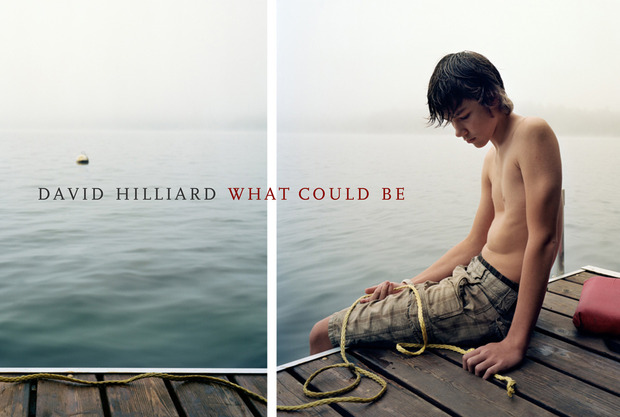
Technological advances in printing allow just about anyone to produce a book, but you’ve been quoted as saying that not everyone deserves to have a book. How are you making sure your selections worthwhile?
Yes, that quote has circled around a few times now! It sounds a little harsh, but we live in a culture of entitlement these days—which doesn’t leave a lot of room for evaluation of excellence. Changes in technology and in the business of publishing have created new opportunities for collaboration. We are very much a part of those new collaborations.
We choose bodies of work that “articulate the surface of life, bringing insight and cadence to the worlds we occupy.” That language came out of conversations with two artists I deeply respect; Sylvia Plachy and Robert Adams. It felt specific enough to give us direction, but encompassing of diverse bodies of work. As visually different as David Hilliard’s panels are from Eli Hansen’s installations, they share a sense of longing, of exploration and escape. The starting five artists all possess a high level of craft in their chosen medium and that (in addition to creative vision and compelling subject matter) is something I seek and celebrate.
You can reach thousands of people online today, so books are no longer the way to expand your audience, but they are a vessel to carry work into the future. The materials of great books that will last for centuries are the stuff of life (and death). In the early Western tradition of illuminated manuscripts the pages were made of skin, primarily of sheep. Today trees often have to die so art books can live. It’s a visceral process I take seriously—if nature’s being sacrificed to preserve a cultural contribution I’d better really believe in the work, and the person who made the work.
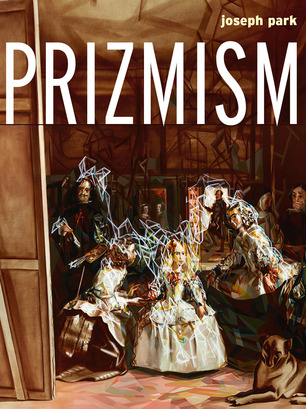
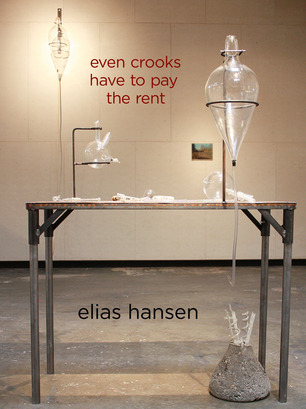
A lot of work goes into preparing each selection—choosing artists, preparing images, conceptualizing layout, securing writers—and your current offerings have the support of some exceptional artists and writers. Is it difficult to get people invested in a project that may never happen?
I spent over two years in conversation with artists at different stages in their careers before Steve (McIntyre, my business partner) and I decided to move forward with Minor Matters, because first and foremost it had to be a model of value to the artists; some people thought it was great, others liked the concept but felt it was too risky for them.
Putting what you’ve made out into the world publicly and asking for a quantifiable response is enormously difficult. Artists who choose to work with us understand we’re investing in them and with them (providing advocacy, an editorial process that draws out unique facets of the work beyond what the artist alone may appreciate in it, engaging interesting writers and thinkers, conceiving the physical form of the book) while creating space for audience engagement, which is part of life in the 21st century. It’s a joint venture, so I won’t try to convince someone to participate if they are not ready. And at the same time, I won’t engage in projects unless I am totally committed and the artist wants to collaborate with me—if they don’t see value in my contributions it won’t be a meaningful partnership.
I wasn’t sure how writers would respond to my request to commit to a project that might not happen. Toby Kamps was the first person I contacted—I’d met him once but didn’t know him well. He said yes to writing for Joe’s book so quickly that I didn’t believe he’d actually read my letter explaining our approach. I wrote him back to make sure he understood what I was asking and he said that he loved Joe’s work and would be happy to participate. That’s happened with every writer and curator we’ve connected with.
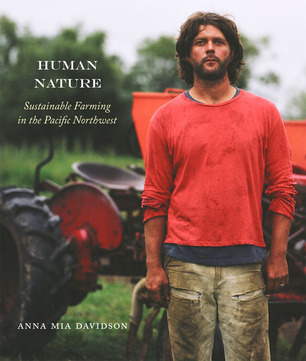

This is a very practical approach to publishing; in which the market directly decides which books are printed—but is means that no matter how much you personally believe in a project, it might never be realized. Is this challenging for you?
It’s terrifying and exciting, like the earliest stages of love—over and over and over again. I’ve asked people on all sides to create something with me, to articulate and visualize a book without being able to guarantee it will transpire. The artists see their books, the audience is excited to own the books they’ve read about and committed to—and of course I see them, I want to hold these books so badly that I can close my eyes and feel them in my hands. But the books will only manifest with the involvement of all three parties—the artist, us and the audience.
I started Minor Matters because I was frustrated with the number of great projects that I could not place in traditional publishing environments, so at least this platform gives us an opportunity to share the work and seek an audience of co-publishers.
I was at the contemporary art fairs in New York a couple of weeks ago, and of the hundreds of booths of art being shown, the fantastic artists I am working with were not represented anywhere. It’s a tough, tough market—so if we can be one more opportunity for visibility for projects we believe in, and if we can find small pockets of people who agree with us, it’s a win-win-win for everyone.

It’s really exciting to watch the publishing world evolve, and to see projects like yours find their niche. What can we expect from Minor Matters in the future?
Upcoming books with Lisa Leone and Alice Wheeler document seismic cultural shifts through music in the two cities I call home, New York and Seattle, and they will be on the site in the next few weeks. The big push right now is toward our 31 March deadline for Joe Park and Larry Fink. Then 30 April for David and 31 May for Eli.
After May we will take some time to consider what we’ve learned from this first cycle, and what we can perhaps do differently. A lot will be informed by what happens in these next weeks. With any luck we will achieve the sales necessary to move into production on some of the books—I’m looking forward to writing to our co-publishers about that part of the process.
Visit Minor Matters for a list of books that are available for purchase, with prices starting at $50.
Lead image courtesy of Lincoln Potter, all others courtesy of Minor Matters and respective artists

